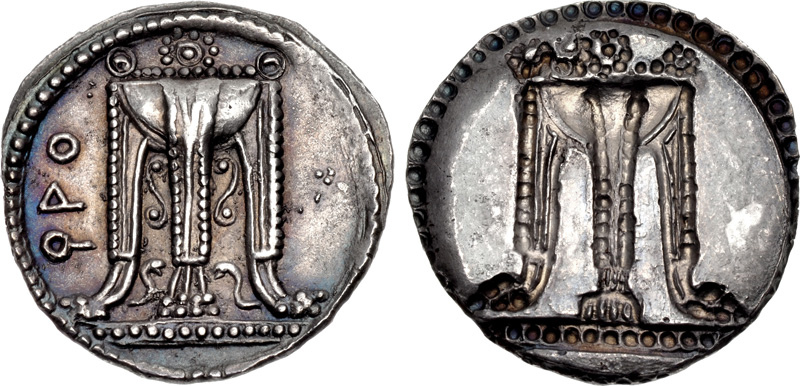
Metal objects were introduced as money around 5000 B.C., by 700 BC the Lydians (now-Turks) became the first in the Western world to make coins and the Chinese introduced paper notes around AD 960. Whether communist or capitalist, cash has been at the centre of our lives for a long, long time.
It is just as intriguing then to witness people treat money as a dirty word as it is those who revere it.
I know some very liberated people for whom money means little, but they still know how much a kilo of tomatoes costs and, come the close of each year, they are ready to ask for higher wages.
We relate money to fairness. We’re often willing to pay a higher price for higher quality, for a firm with good credentials and, more recently, a supplier with ethics. Spending on products that don’t last is wasteful. We can feel shortchanged when we pay too much but also too little.
At a recent Shared Value Project meet-up the conversation rested on the different perspectives of money held by different institutions and their members. Some contributors shared the revulsion to the concept of shared value they have seen at non-government organisations, whose representatives view it as a sophisticated attempt to gain a social licence without genuinely redirecting their activities for necessary social change. It’s about profit in narrow terms and don’t pretend otherwise, it is said.
Is it distasteful to focus on profit? Is it naive to ignore the importance of money?
The most effective leaders of not-for-profit organisations know that you need recurring revenue to achieve social goals. In fact, often you need profit from one program to reinvest in core administration or advocacy activities that don’t attract grants. Money buys staff, advertising, transport, websites, pencils and the annual staff party.
Conversely the leaders of for-profit businesses know that if you can’t motivate employees, adapt services to changing customer expectations over time, and comply with the law, you will not achieve revenue and profit targets. Just ask HR practitioners who know remuneration is only part of the compact with talent.
In essence, the laws are the same. You cannot put social capital before financial capital, or financial capital before social capital – before long the cracks show and customers, employees and stakeholders will walk.
That’s a very hard concept to grapple with for the battle hardened welfare worker or company chairman.
To get it, you need empathy and critical thinking skills. You need to be aware.
Recently, there was an interesting show on the ABC, Australia’s national broadcaster called I Can Change Your Mind About Climate Change starring former senator and anthropogenic climate change denier, Nick Minchin, and Anna Rose, founder and chair of the Australian Youth Climate Coalition.
Entertaining enough, the real message was not about climate. It was about having an open mind.
If you think cash is dirty you will not change the world. If you think shared value is just for businesses who want to maintain the status quo, you are missing a very important opportunity.
We need to talk more about cash: its limitations and its benefits.

